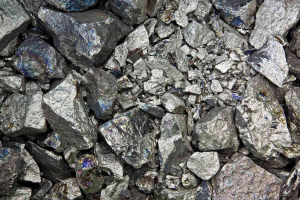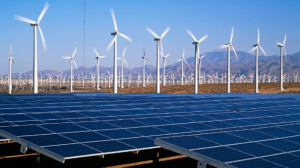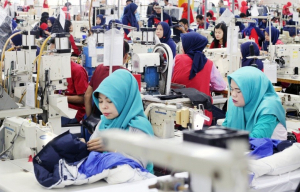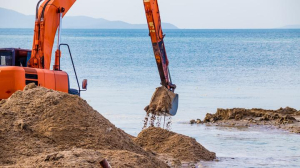Trump's EV policy shift sparks concerns for Indonesia's nickel industry, SE Asia's supply chain
U.S. President Donald Trump's policy in revoking electric vehicle (EV) incentives raises concerns on the impact to Indonesia's vital nickel sector, simultaneously creating a domino effect across Southeast Asia's vehicle and other related industries, a report by the South China Morning Post reveals.
Immediately after his reelection, President Trump annulled the 2021 executive order by then president Joe Biden which called for half of all new vehicles sold in the U.S. to be electric by 2030.
However, Biden's policy was not legally binding as it prompted domestic and foreign car makers in boosting investment in EV technologies, creating a domino effect across Southeast Asia's vehicle and other related industries.
Currently, Indonesia holds the world's largest nickel reserves, with Biden's incentives offered hope of a more diverse set of investors in the nickel mining and downstream production. However, Trump's reversal could transform the global outlook in nickel in the future.
Indonesia previously banned export of unprocessed nickel ore in 2020 to boost its EV battery supply chain in a move leading to billions of dollars of related investments into the country.
On the other hand, the U.S. unwillingness to invest in Indonesia's nickel industry due to large concerns about deforestation and water pollution in the country.
Investments from U.S.
Joshua Pardede, Chief Economist at Indonesia's Permata Bank, said there have only been a handful of investments by U.S. companies, which include a US$4.5 billion (Rp73.2 trillion) joint venture (JV) between Ford and Vale Indonesia.
“However, broader U.S. engagement is hindered by Indonesia’s stringent (nickel) export policies and the absence of a free-trade agreement between the two nations,” Josua said on February 5, 2025.
Indonesia has been seeking to increase its exports of critical minerals to the U.S. since the inception of the Comprehensive Strategic Partnership in 2023, but progress had been limited or even stalled under Biden's administration and remains likely so under Trump's administration according to analysts.
Challenges and opportunities
Bhima Yudhistira, executive director at Center of Economic and Law Studies (CELIOS) a Jakarta-based think tank center, said Trump's rollback on EVs was bad news for Indonesia as it disrupts demand for raw materials like nickel.
It also poses challenges for Indonesia's mining sector to improve its governance, as it will deal less incentives in ensuring its commodities.
There are also concerns in Indonesia that Trump's disinterest in clean energy projects could lead to him sidelining and or even cancelling the Energy Transition Partnership (JETP).
“If the U.S. abandons interest in Indonesia’s nickel sector, the governance, traceability, the improvement of the environmental sustainability standards and so on in Indonesia will also decline,” Bhima said5.
Speaking in discussions with top leaders of nickel companies in Indonesia, Bhima, however, said it could be an opportune time for Indonesia to raise its nickel standards by focusing on more sustainable products given the uncertainties of U.S. trade policies under the Trump administration.
“They want to increase their standards to meet with the London Metal Exchange for low-carbon metal price quotations,” he said.
Tag
Already have an account? Sign In
-
Start reading
Freemium
-
Monthly Subscription
30% OFF$26.03
$37.19/MonthCancel anytime
This offer is open to all new subscribers!
Subscribe now -
Yearly Subscription
33% OFF$228.13
$340.5/YearCancel anytime
This offer is open to all new subscribers!
Subscribe now






